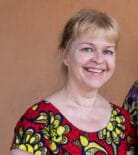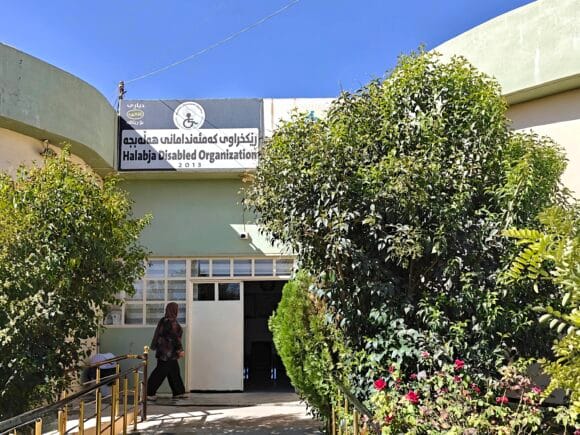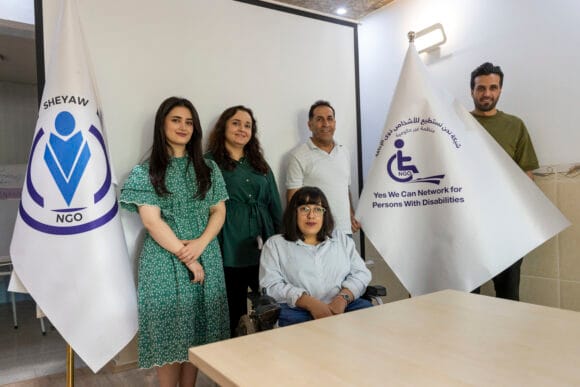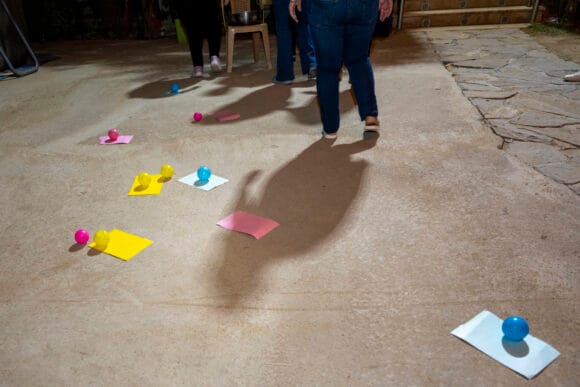Sexual violence knows no gender – but the world often looks away.
A conference held in Uganda broke the silence and gave a voice to men, boys, and persons with disabilities whose stories too often go unheard. The event served as a reminder that healing requires the support of the community – and that silence protects no one.
Last week, Kampala, Uganda became the stage for a global conversation as the sixth South-South Institute (SSI) conference brought together survivors of sexual violence, researchers, activists, and policymakers under the theme “Across Genders, Across Continents.”
The team from Fida’s country program in the Democratic Republic of the Congo took part in the forum to deepen their understanding especially of those survivors whose experiences often remain invisible in society: men, boys, and persons with disabilities.
The conference highlighted a harsh reality: sexual violence against men is a systematically underreported and often misunderstood issue.
At the heart of the three-day event was the urgent need to break the culture of silence and give a voice to those who have been left out of the conversation and denied support. Among the participants were also women who now lead support groups and work as activists—powerful examples of how healing can lead to empowerment.
Fida Taking Part in Breaking the Silence
Fida’s participation was driven by a desire to gain a deeper understanding of the diverse forms of sexual violence and its impact on survivors, as well as to identify opportunities for support and collaboration.
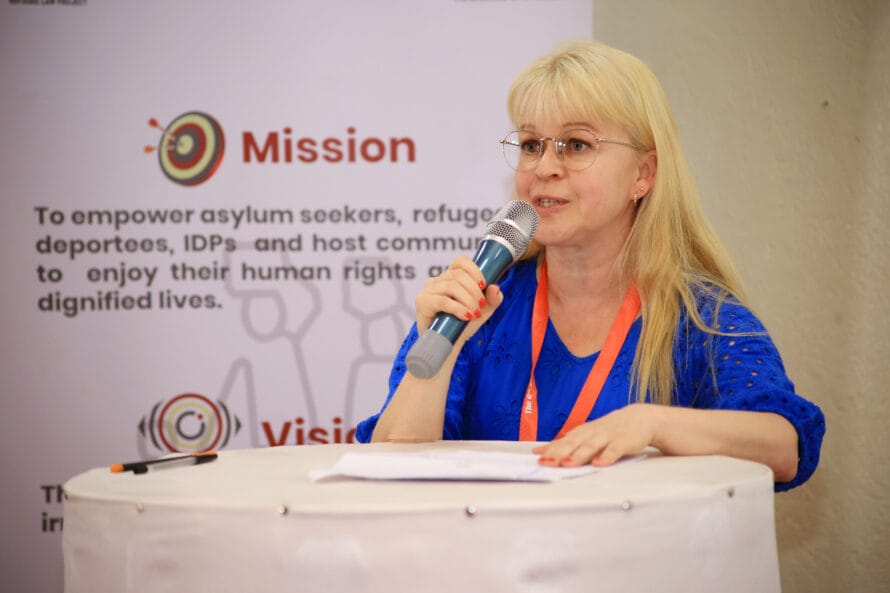

As a special advisor for Fida, I had the opportunity to speak at the event about the support group work being done in Congo. I emphasized its effectiveness and the importance of training facilitators. I also highlighted the need to take care of the well-being of workers so that encounters with survivors can be empathetic and safe, and to prevent secondary trauma.
In my speech, I wanted to remind all of us working in this field that persons with disabilities are often completely excluded from services and discussions, even though sexual violence in conflict zones can cause permanent injuries and a need for support. Moreover, persons with disabilities are at greater risk of experiencing sexual violence.
Sexual Violence Knows No Gender, But Speech Can Exclude
The conference highlighted a harsh truth: sexual violence against men is systematically underreported and misunderstood. In conflict areas such as eastern Congo and Syria, studies show that men make up as much as one-third of the victims. Often, their experiences are classified as torture rather than sexual violence, which prevents them from receiving the support, justice, and rehabilitation they need.
Many men suffer from deep shame and fear of stigma. Gender norms often associate vulnerability with femininity and strength with masculinity — which is why many survivors are left without words and unheard. Only a few seek help, and the cycle of violence continues. The trauma also has broader consequences: it affects families and impacts entire communities.
Recovery Cannot Be Left Solely on the Shoulders of Survivors
The forum featured touching stories from survivors on their path to recovery. Many emphasized the importance of peer support: knowing you are not alone strengthens healing.
Several survivors who have had to flee their home countries and rebuild their lives in a new land shared their hopes for opportunities to receive education and care for their children—children often born as a result of the violence.
The survivors’ message was clear: the roots of shame and stigma must be cut. But this cannot be placed solely on their shoulders. It requires the commitment of communities, authorities, and international actors.
Learning from Uganda: Culturally Sensitive Solutions
The conference heard examples of how culturally sensitive approaches have been developed in Uganda to support men and boys. However, the work is still hindered by limited resources and inadequate training. The situation of men with disabilities is particularly concerning: they are often completely excluded from statistics and services.
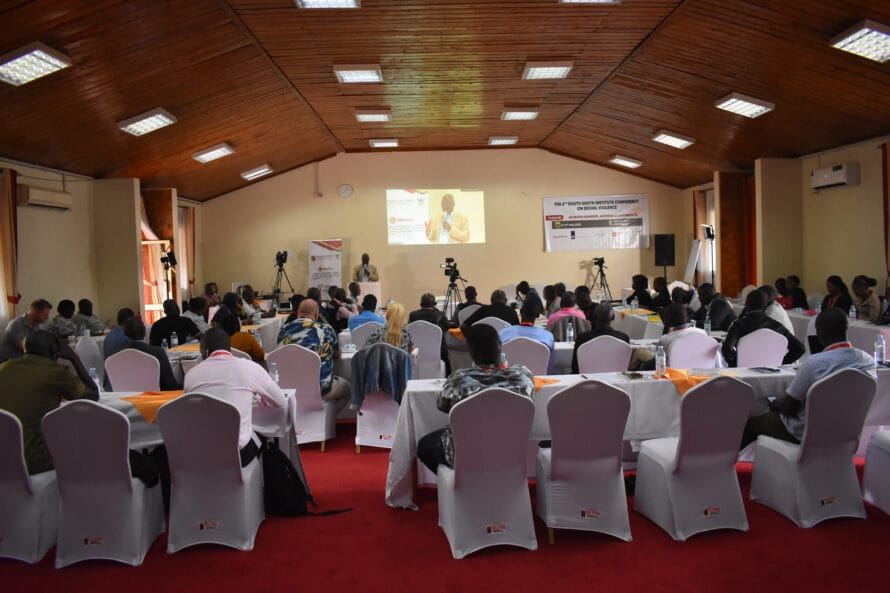

Towards Evidence-Based Solutions and Shared Responsibility
The speeches emphasized the importance of research-based knowledge. Without reliable data, effective treatment methods cannot be developed nor just advocacy advanced. Addressing global challenges requires evidence-based solutions and strong collaboration among various actors.
Fida’s team from Congo regarded the event as a significant milestone. The lessons learned from the conference will be integrated into the Congo country program going forward.
The goal is to initiate change by strengthening staff expertise, raising awareness in communities, and building closer cooperation.
Hope is built by breaking the silence, sharing experiences, and carrying collective responsibility. It is also built on the decision not to give up.
Author: Katja Köykkä
The author works as a special advisor in Fida’s Democratic Republic of Congo country program. She is responsible for work preventing sexual violence and supporting survivors.
